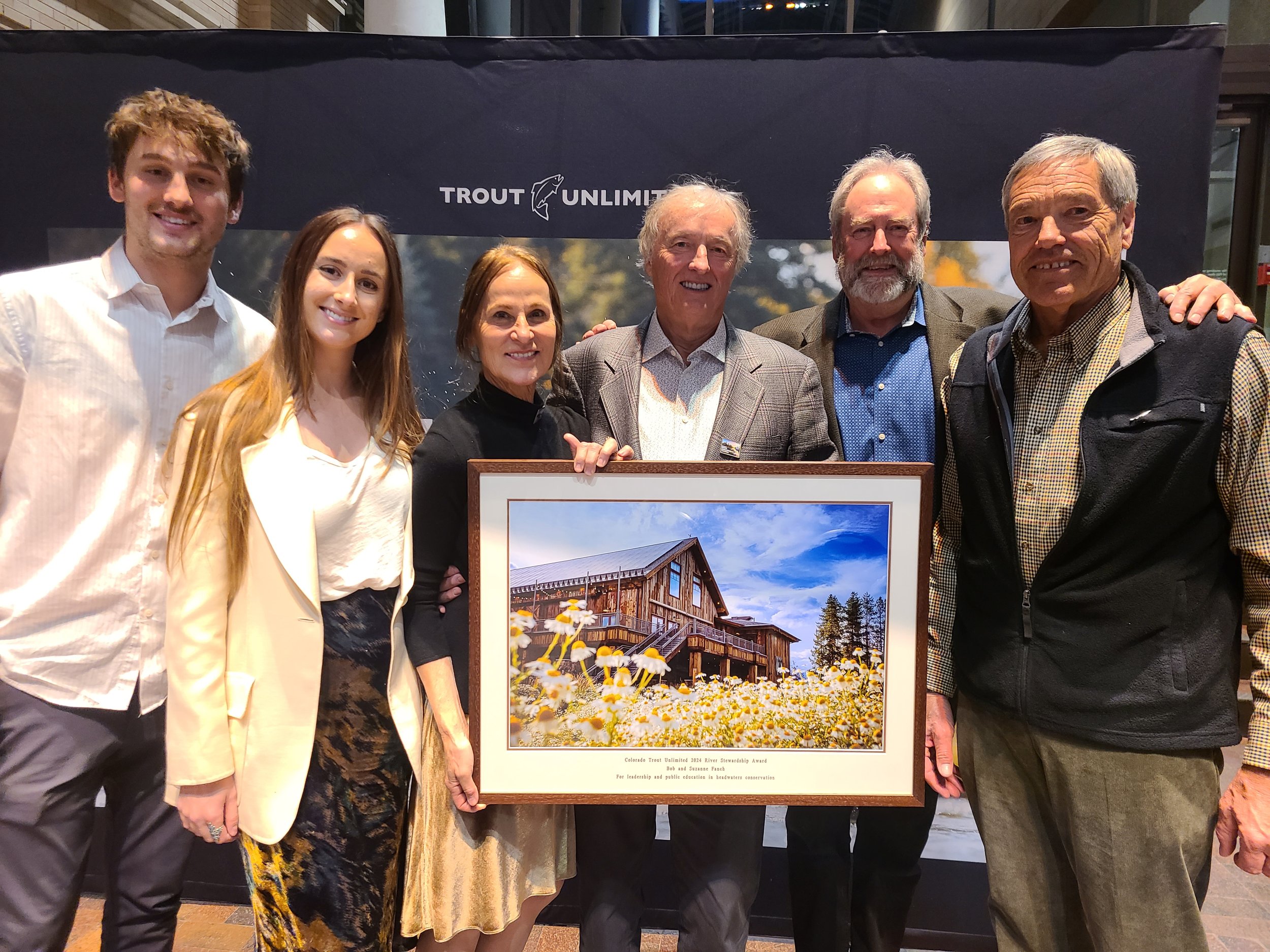Speaker Julie McCluskie, with co-sponsors Senator Dylan Roberts and Representative Karen McCormick, has introduced state legislation (HB 24-1379) that would restore critical protections to Colorado’s at-risk wetlands and waters. The legislation was drafted in direct response to a U.S. Supreme Court decision last year to impose the biggest rollback of the Clean Water Act since its inception in 1972. The Court’s decision essentially eliminated protections for certain wetlands and other critically important waters, including streams that don’t flow consistently year-round.
Without state-level protections, many of Colorado’s critical wetlands and streams could be polluted, filled in, paved over, and destroyed without abiding by the Clean Water Act pollution control and mitigation requirements that have protected them for the past 50 years. Degradation of these wetlands and waterways can jeopardize fisheries, drinking water supplies, and other ecosystem benefits such as flood mitigation, wildfire resilience, and wildlife habitat.
HB 24-1379 will:
Restore protection for critical Colorado wetlands and waters undermined by last year’s Supreme Court decision;
Require impacts to be avoided, and only if they cannot be avoided, to be minimized and mitigated, with clear and consistent guidance for compensatory mitigation to ensure that watershed values and functions are maintained;
Establish a fair and transparent permitting process, including general permits that can streamline approval for classes of activities (such as restoration) that have no or minimal adverse impacts; and
Secure clear mechanisms for strong enforcement to protect Colorado wetlands and streams.
Colorado has lost about 50% of its wetlands to development since statehood, so protecting what remains is a necessity. Under the US Supreme Court decision, many of those wetlands could be lost or degraded, along with the approximately 24% of Colorado streams that run seasonally (intermittent) and 45% that flow only in response to rain or snow (ephemeral).
Please take a moment today to contact your State Representative and ask them to support HB 24-1379, and to oppose any amendments that would weaken its protection for Colorado’s wetlands and waters. You can use the provided email template to send your comments, including editing to incorporate your own personal experiences with Colorado wetlands, headwaters, and feeder streams.






















